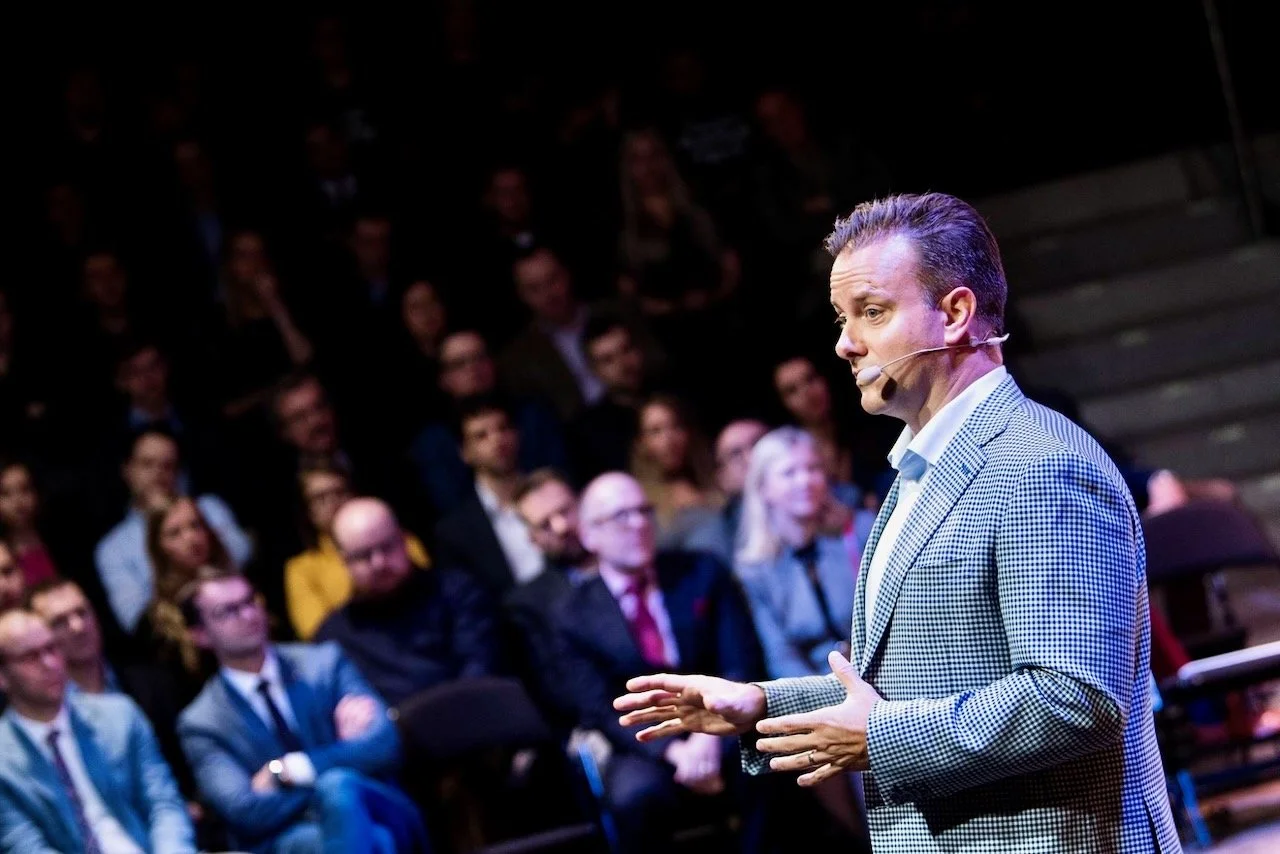Why health must be the #1 priority for leaders
“In the twenty-first century, leadership has become harder as stakeholder expectations have increased, global execution has become more complex, digital transformation has become an imperative, and innovation is ever more critical to sustained success.” -Harvard Business Review (hbr.org/2022/09/what-makes-a-great-leader).
Leadership in an era of uncertainty and disruption is a massive challenge and the pressures of leadership can take a toll on us professionally and personally. This is true for everyone who is a leader in any level of an organization.
We are all leaders. If you subscribe to this newsletter or blog, then you are probably leading positive change in the world. We are leaders of teams at work, we try to elevate our communities, we are teachers in a classroom.
I believe that now more than ever, we need exponential leaders with performance skills who can spark innovation and craft a better and brighter future for our organizations, communities, and humanity.
I also suggest that we cannot be exponential leaders who leverage our skills to make the world better if we are not each healthy and well.
Think about these examples…
You are a leader in a team, and a team member comes to your office. They are not feeling well, and they are anxious due to some challenges in their life or at work. They are struggling in that moment. If you, as the leader, are in a good place (you slept well, you did a morning workout and meditation, you have fuelled well with great nutrition, and your mindset is focused and clear) then there is a chance that interaction goes well. If you as the leader are also stressed, nervous and struggling, then that interaction will not be good for either of you.
You have a presentation to deliver (teacher in a classroom, sales representative explaining a solution to a potential client, CEO sharing business results to shareholders or the board) and your ability to convey information clearly and effectively with empathy and positive energy will have a significant impact on the outcome of that opportunity. We can’t teach well when we’re tired. We can’t sell if we’re burned out. We can’t help people see possibilities when we’re frustrated and fatigued.
If we are not well, then we can’t lead well.
The oxygen mask analogy makes perfect sense. We need to give ourselves permission to put the oxygen mask on ourselves first, so that we can be of best service to those around us. Research shows that leaders who practice self-care can foster a health-oriented leadership style, which can, in turn, encourage employees to take care of their own health (https://www.mdpi.com/1660-4601/19/11/6733).
To get things done we need to focus and defend our attention in this era of distraction.
To make sure we are all going in the right direction we need to learn and strategize, and we can’t do that if we are stressed and anxious.
To be creative, solve problems and innovate our mindset must be calm and deeply relaxed so that we can envision a new way, a new solution, a new product, a new process.
To have energy we need to eat healthy food that gives us energy and reduces inflammation.
To be able to learn and strategize we need to sleep so we unlock our creativity.
To build our capacity to manage the metabolic effects of mental stress we need to train physically.
When we take care of ourselves, we can take care of – and effectively lead – our classes, our schools, our businesses, our organizations, our teams and our communities.
We can take care of ourselves by sleeping well, eating healthier, moving our bodies and deliberately calming our minds.
This is the practice. This is the work. This is the challenge of these times.
Let’s get healthy and improve our wellbeing so that we can perform using our best skills and lead our schools, businesses, communities and the world to a better place.
Who’s with me?
How can I help?

